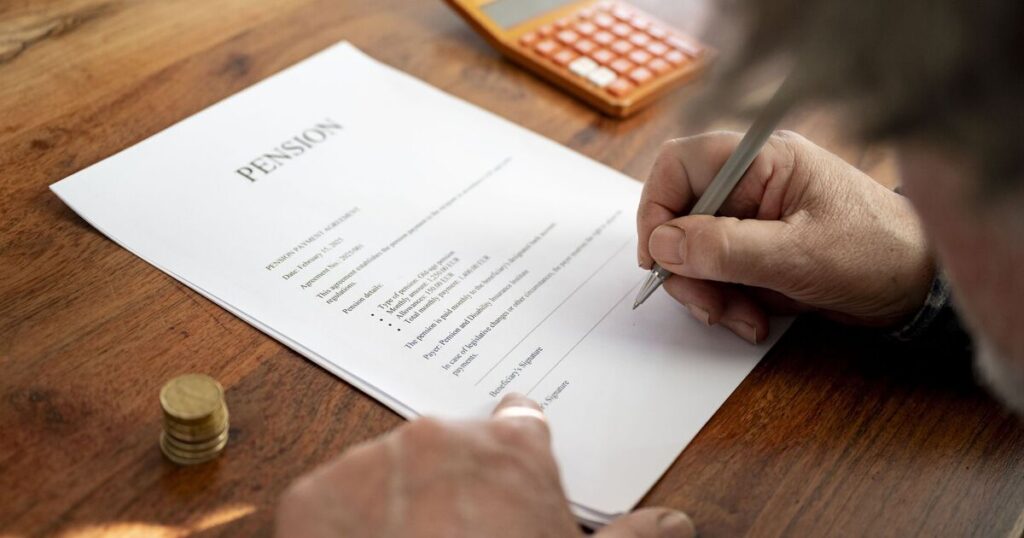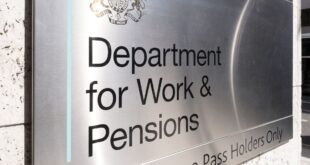
Pensioners could soon be giving a huge 40% of their pensions away to the taxman following a change to pensions and Inheritance tax set to be introduced from 2027.
The government has now published details of how pensions will begin to be taxed as part of changes to Inheritance Tax.
Currently, Inheritance Tax sees 40% of the value of your estate above £325,000 (or £500,000 including a property) paid to HMRC when you die, including cash, savings, investments and property. There is no tax to pay on the first £325,000 (or £500k) but you then lose 40% of every £1 over the threshold. Right now, pensions, as in private or workplace pension pots you built up with your own earnings, are not included in the value of your estate.
But from 2027, under changes brought in by Labour Chancellor Rachel Reeves, your private pensions will also be included in the calculation of your estate.
For those who already maxed out their Inheritance Tax allowance, it means that the whole pension could be subject to 40% tax if it’s entirely above the threshold.
The government said the change is to avoid people using pensions to avoid Inheritance Tax.
The Treasury said: “This change has been introduced to prevent pension schemes from being increasingly used and marketed as a tax planning vehicle to transfer wealth, rather than for their intended purpose of funding retirement.”
Once notified of a death, schemes will have four weeks to provide those managing the estate with the value of any unused pension funds and death benefits.
Experts told consumer magazine Which? that the process could place a significant burden on families. They may need to track down several pensions with different balances and contact each scheme before applying for probate, which could delay the winding up of the estate.
Steve Webb, partner at consultancy LCP and former pensions minister, told Which?: “Complications will no doubt arise where the family member cannot track down all of the deceased person’s pensions or where providers are slow to supply the information needed to work out the IHT bill.”
Rachel Vahey, head of public policy at AJ Bell, said: “Bereaved families face a huge administrative burden, with the government insisting they settle the IHT bill within six months.
“Many people have complex financial affairs, especially those who die unexpectedly, meaning settling the bill quickly may not be straightforward.”
For estates who cannot pay the tax bill owed on pensions, the government is proposing that the tax is paid from the deceased’s other money, or the person receiving the inheritance pays the tax owed from their money.
According to the government’s estimates, about 213,000 estates will have their pension taxed as part of Inheritance Tax in 2027-28, the first financial year the changes are to take effect. Of those, about 10,500 will face a tax bill that they would not have paid before the changes came in.
 Latest World Breaking News Online News Portal
Latest World Breaking News Online News Portal






